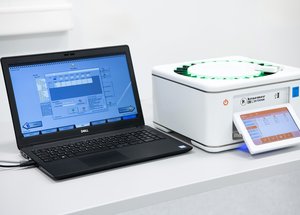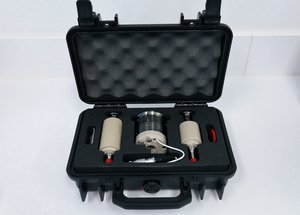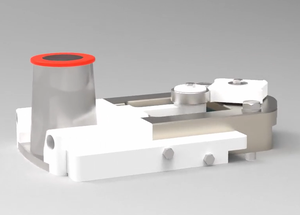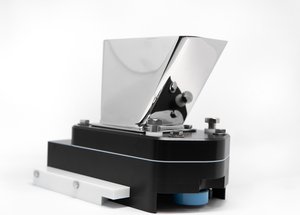Scientific papers
In the pharmaceutical sector, tablets stand as the most prevalent oral dosage form globally. Among various manufacturing techniques, direct compression is extensively utilized due to its economic advantages, bypassing the steps involved in wet granulation and drying processes. Tablets typically consist of a minimum of two components: an active pharmaceutical ingredient (API) blended with a diluent. The properties of the powders and the processing conditions play a pivotal role in determining the characteristics of the blend, consequently exerting a substantial influence on the mechanical attributes of the tablets. Ensuring suitable mechanical strength is crucial for tablets to withstand handling without crumbling or breaking, while also facilitating proper disintegration post-administration. Thus, this mechanical property becomes a pivotal parameter to consider. Experimental findings underscored the significant impact of the diluent type, whether fragmentary (DCPA) or plastic (MCC), on the evolution of tensile strength concerning API content and the compression load applied during the tableting process. Building upon these results, a model was developed to predict the tensile strength of binary tablets based on known compression pressure. The model's validity was demonstrated for the two studied systems, and a comparative analysis was conducted with two existing models.
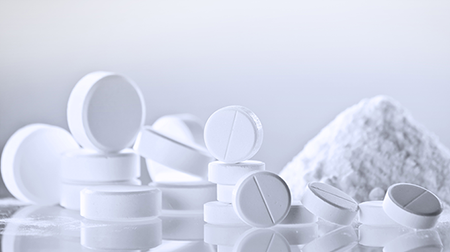
Comments
No comments posted yet.
Add a comment




